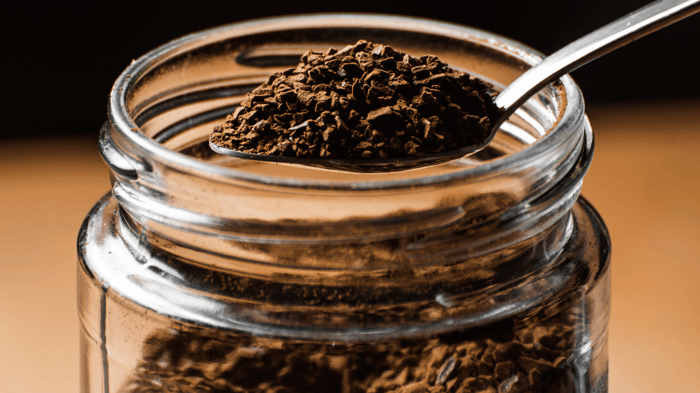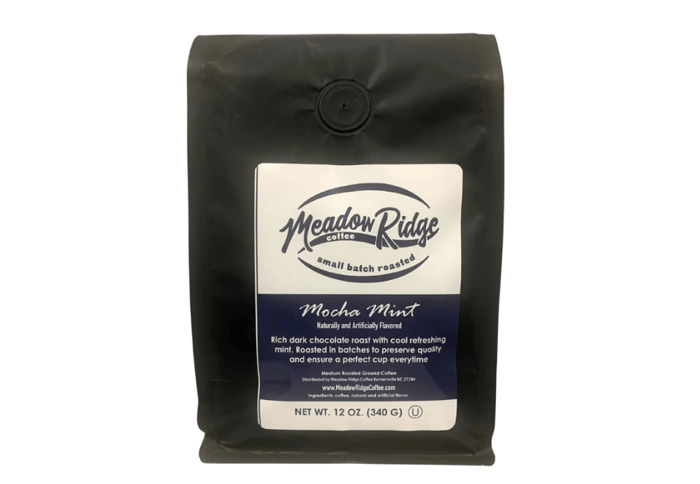After getting jarred out of bed by that horrible iPhone alarm you grab your favorite too go mug full of coffee or stop at Starbucks on the way into the office.
Everything is great as you've just caffeinated and are ready to attack the day. Suddenly things turn south on you, like way south. You start wondering if that Venti with four espresso shots was a good idea.
Now your eyes are twitching for some odd reason, you can't focus on those TPS reports and a headache is starting its attack.
Your over caffeinated Monday morning seems to have back fired on you.
You've entered the Jitter-zone. So how do you get rid of them? Well we will tell you.
But first, lets dive into a little about jitters.
What Are The Jitters and What Causes Them?
While your body can do wonderful things when fueled with caffeine, it can also become stressed from too much caffeine. Each person will have a different caffeine ceiling based off their health, liver function, age, gender, weight and genetics.
Once you've gone beyond your caffeine tolerance your body will become stressed which causes the natural release of adrenaline in your body. Once adrenaline is released your body will begin to react to it. This can be in the form of sweating, headaches or migraines, increased blood pressure, nervousness, nausea and for some people who are sensitive to caffeine they may experience heart palpitations.
And of course those infamous and annoying jitters. If you feel the jitters coming on it is a good sign you have reached your tolerance. But, how do you know your tolerance?
How Much Caffeine Is Too Much?
The FDA states 400 mg of caffeine to be generally considered as safe for healthy adults with no underlying health conditions. While some people can drink way more then this with no issue (short term at least), others can begin to experience symptoms are much lower levels of caffeine.
The pace in which you consume the caffeine will also have a direct impact on how the caffeine hits your body. Each persons "too much" will be a different number.
See how much caffeine are in some popular drinks.
How Long Does Caffeine Stay In Your Body
Caffeine has a half-life of 6 hours, meaning that half of the amount you consumed will be out of your body within 6 hours. The other half will take another 4-6 hours to leave, so that means you'll need to wait 12 hours for complete clearance from your system. But this is just an average; some people may clear it more quickly than others due to individual factors such as age and genetics.
How can you help solve the jitter problem? Here are some tips.
1. Stop Consuming Anymore Caffeine
This one sounds like common sense but keep in mind caffeine will effect your body the same way that alcohol does. This means not all of the caffeine you've currently consumed has been processed by your body yet. So more will be hitting your system soon.
For this reason stopping your intake will help prevent and even worse overload of caffeine and allow you to pass the jitter stage faster.
2. Drink Water And Stay Hydrated
A quick and effective way to begin to reverse the jitters is to drink a fair amount of water. H20 will help reverse the effects of caffeine and calm your jitters. You can even grab a low sugar sports drink. Keep in mind drinking anything loaded with sugar can create sugar crash on top of the jitters.
Coffee and caffeine can dehydrate you which can amplify your jitters since coffee is a natural diuretic. Try drinking a full cup of water for every cup of coffee you consume. This will help you hydrate and ward off the jitters. You'll thank us later once you stop shaking.
3. Eat Some Food
Having food in your stomach can slow the absorption and digestion of caffeine which will then slow down how much gets into your bloodstream.
High fiber foods which take awhile to break down like broccoli, nuts and seeds and whole grains. Bread can also absorb some coffee in your stomach which will slow down the process.
4. Grab Some Vitamin C or Herbal Tea
Coffee and high caffeine levels can confuse your body into thinking you have a vitamin C deficiency which can amplify the shakes. Find some high vitamin C fruits like oranges or vitamin C supplements.
Herbals Teas like Chamomile and valerian root tea will naturally neutralize the effects of caffeine on your system and therefore help calm your jitters. Unlike regular black, green or white tea herbal teas do not contain any caffeine.
5. Practice Some Slow and Deep Breathing
This can help calm down your body and your jitters. Deep breathing is often used to calm down anxiety and nervousness and can really help calm your body and it's reaction to the caffeine.
You don't need to be a meditation master to learn was to naturally calm your breathing, heart rate and jitters.
6. Be Patient And Just Wait It Out
While this is not an ideal option remember that the jitters will be short lived as your body processes and removes the caffeine from your blood.
At the worst you will be back to your regular non shaking self in a few hours. You may also be fine in just a few minutes. Combine waiting with slow and deep breathing to end the jitters.
7. Get Up And Get Active
Exercise seems to be the cure for everything so why wouldn't we assume it will help with the jitters.
Since you can't sit still anyway you might as well get up and get moving as physical activity will help your body metabolize caffeine faster and will release a lot of that nervous energy your body has bottled up.
Go for a power walk, lift some weights, get in a nice job or even some stretching and yoga. Not only will you help your jitters but you will be using that caffeine energy to improve your workout.
Conclusion
Caffeine is a wonder thing and can really change the course of your day for the better. Just keep in mind caffeine has a ugly side that goes even beyond just the jitters. Dependency, caffeine withdrawals and cardiac problems can be a nasty side effect of too much caffeine consumption.
So learn your limits so you can properly caffeinate yourself without putting your body and health at risk.
Want More Coffee Content?
- Daily Coffee Grind - Click Here
- Coffee Reviews - Click Here
- Coffee Brewing Guides - Click Here
- Coffee Brewer Reviews - Click Here
- All Things Tea - Click Here
- Know Your Caffeine Content - Click Here








